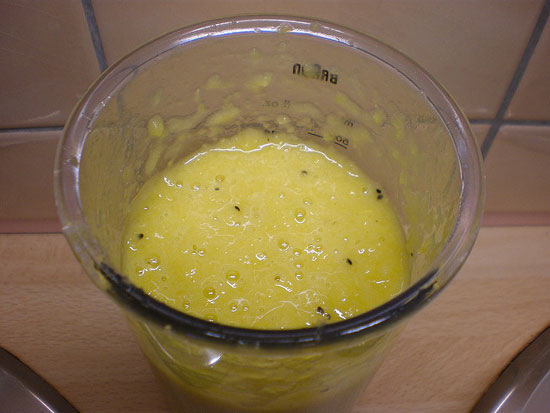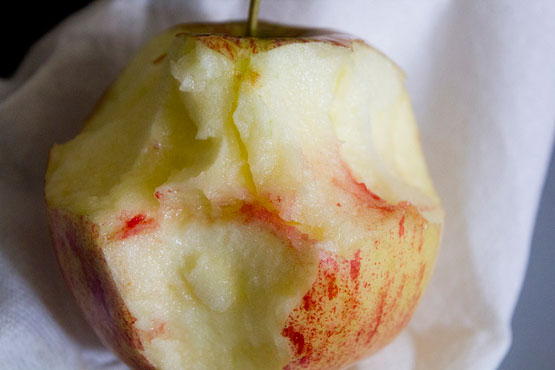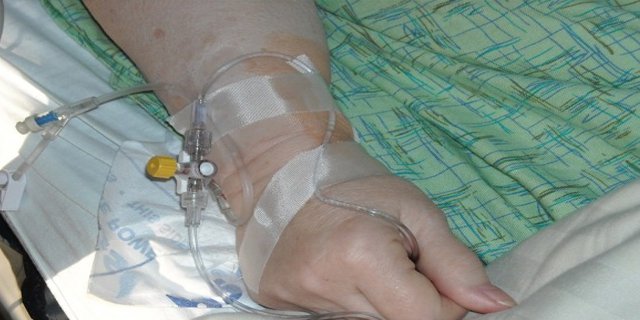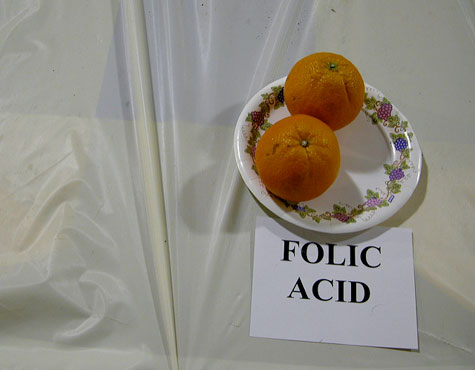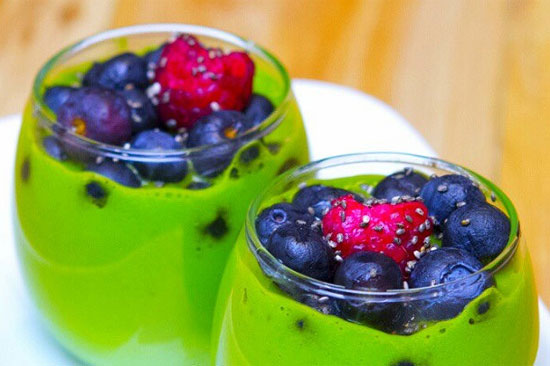Nowadays, our food (grains and milk) are fortified with the essential vitamins to prevent the public from developing deficiencies. Past avoiding not-so-ancient disorders due to deficiencies, dosing oneself with excess vitamins doesn’t turn you into a superhero.
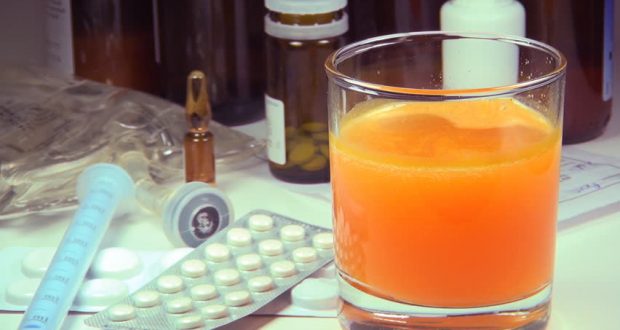
In human body there are 13 vitamins: 9 water-soluble (8 B vitamins and vitamin C) and 4 fat-soluble (A, D, E, and K).
For example lot of nutrients go into your nail strength. Biotin, vitamin C, vitamin D, vitamin B, vitamin A, zinc, iron, copper, iodine, selenium. The list just goes on and on, which is why taking a multi is good because if you’re lacking any of them, it’s likely to help you.
The benefit for most vitamins plateaus extremely quickly, for two reasons:
1) Many vitamins are required as co-factors for enzymatic reactions, so they don’t provide benefit past being necessary, and as long as they are present you’re fine.
2) The requirement for each is extremely low (less than 5mg/day). Anything past that will just be excreted in the urine.
Supplements can often provide dangerous amounts. Some pills have ridiculous amounts that if an unwise consumer decided to over dose themselves (more pills = more benefits!!!) it can actually be bad for you. Antioxidants like vitamin E are good to have plenty of, but loading up (>400mg/day) has been associated with increased risk of mortality. Vitamin E contains at least 7 other iterations that are not recognized and re-secreted by the liver, so they just get excreted. What you find in natural sources are higher ratios of alpha-tocopherol than other non useful stereoisomers. When they produce vitamin E synthetically in a lab they get all the stereoisomers, and sell it by gram as just vitamin E, even though only a fraction of it will provide any benefit. That’s why it is suggested just getting it from natural sources.
From what we have learned, the only people who should be concerned with dietary supplements are pregnant women (folic acid for the development of the fetus), and vegan women (lack of iron + loss of blood due to menstruation). Not to mention that poor diet has been linked with numerous health consequences including obesity, cardiovascular disease, diabetes and some cancers and a multivitamin certainly isn’t going to save them from that.
For most people, just keep a varied diet and you should be fine.
Human organism does not metabolize multivitamin pills and just flushes them out.
This is partially true. Most commercial vitamins are synthetic compounds because its much cheaper than extracting naturally, so what you end up with are a bunch of versions of the compound that the human body can’t use. The body is pretty efficient at preserving levels of most vitamins and minerals. So in this case a multi still wouldn’t be beneficial.
There are many different components that affect absorption. First is the form of the vitamin or mineral. For instance take iron, the bio-availability of ferrous fumarate is a lot higher than that of ferrous gluconate. Some of those more expensive pills may be the more bioavailble form of the nutrient, or they may not be, its best to check. Another thing that can affect absorption is what you take your supplements with. For instance, iron if more readily absorbed if taken with vitamin C. Then there are other food that may decrease the bioavailability of the supplement. For iron, tannins (found in tea), calcium and polyphenols will decrease absorption. This is different for each vitamin and mineral.
Humans don’t have a way of clearing away excessive amounts of iron aside from loss of blood so that’s why guys shouldn’t take supplements with extra iron. Women should take iron supplements because of blood lost from menstruation. The correct answer is that Iron supplements are one of the few that should be taken only when your doctor recommends it.
Vitamins and minerals are generally absorbed to a greater degree when eating whole foods rather than supplements, plus you get the added benefits of other compounds, macronutrients and fibre etc from that food. I would only recommend a supplement if someone had a specific deficiency or was unable to meet requirements for a given vitamin/mineral. And then it would generally be a specific supplement rather than a multi.
Multivitamins are a great way to make expensive urine, and upon further investigation We’ve founded that very few, if any, cell and molecular biologists take multivitamins. Take that as you will, it’s not like molecular biologists=doctors, but we do tend to have a solid understanding of metabolism and pharmaceuticals!
If you are skeptical of vitamins, then just buy a cheap generic version from your local grocery/drug store. What do you have to lose? For better quality vitamins (better absorption), look for ones that contain or are derived from whole foods. These vitamins are much easier to digest.
Finally, when your urine turns bright yellow after taking supplements it is your body flushing out the water-soluble B vitamins that were not absorbed.

